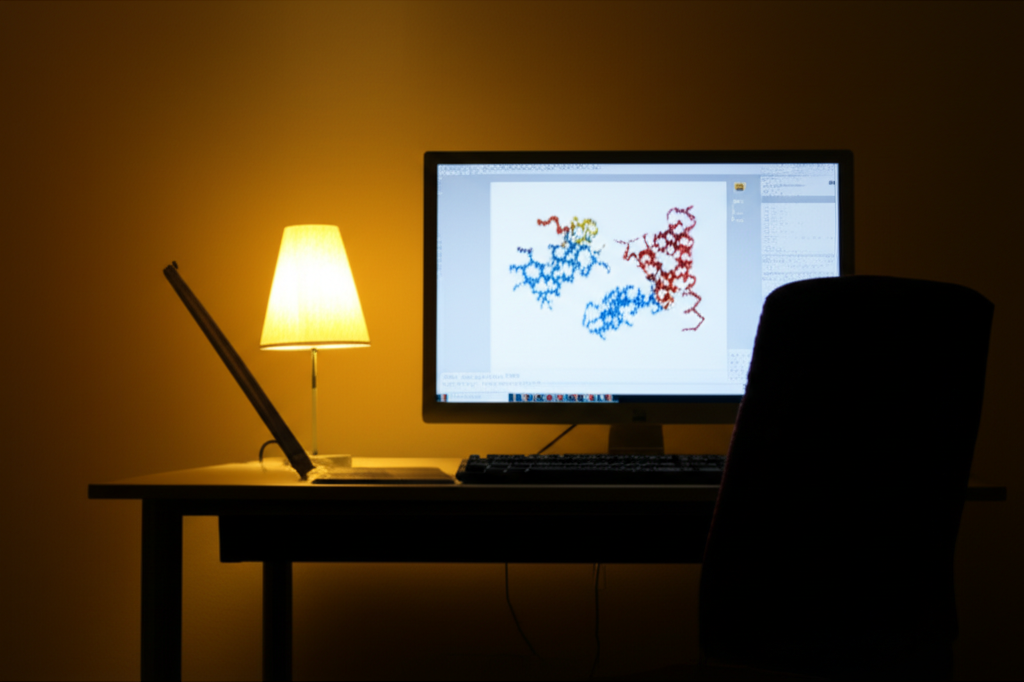Triethylene Glycol Diacrylate (TEGDA), identified by its CAS number 1680-21-3, is a difunctional acrylic monomer that serves as a vital intermediate in various industrial processes. This compound, with the molecular formula C12H18O6 and a molecular weight of 258.27, is a transparent liquid widely utilized in the formulation of coatings, inks, and adhesives. Its chemical structure imparts a combination of desirable properties, making it a versatile component in many polymerization reactions, particularly those involving radical curing mechanisms like UV and electron beam curing.
As a core building block in the creation of polymers and resins, TEGDA offers several significant advantages. One of its most notable characteristics is its low viscosity. This property is crucial in many applications, as it allows for easy handling, formulation, and application processes. Low viscosity reactive diluents like TEGDA help reduce the overall viscosity of a formulation without significantly compromising the performance of the final cured product, enabling higher solids content and improved processability.
Beyond its flow properties, TEGDA contributes significantly to the performance of cured materials. It is known for providing excellent flexibility to the resulting polymer network. This flexibility is particularly beneficial in applications where the substrate may undergo bending or deformation, such as flexible packaging, films, and certain types of coatings. The presence of the triethylene glycol chain in its structure contributes to this inherent flexibility.
Another key property of TEGDA is its chemical resistance. Once cured, formulations containing TEGDA exhibit enhanced resistance to various chemicals, solvents, and environmental factors. This durability makes it suitable for use in protective coatings and industrial applications where exposure to harsh conditions is common. The diacrylate functionality ensures efficient crosslinking, leading to a tightly bound and robust polymer matrix.
Furthermore, TEGDA possesses low volatility. This is an environmentally and industrially favorable trait, as it means less material is lost to evaporation during processing and curing, contributing to lower volatile organic compound (VOC) emissions in many systems, particularly in 100% solids UV/EB cure formulations. This makes it an attractive option for developing more sustainable and compliant products.
The technical specifications of Triethylene Glycol Diacrylate are critical for ensuring its suitability for specific applications. Typical specifications include its appearance as a transparent liquid, a maximum color value often measured by the APHA scale (e.g., 100 max), and an acid value indicating the presence of residual acrylic acid (e.g., 0.5 mg KOH/g max). The viscosity at 25°C is usually in the range of 10-20 mPa·s. Moisture content is kept low (e.g., 0.2% max) to prevent interference with polymerization. Inhibitors, such as MEHQ, are added at specific concentrations (e.g., 400-600 ppm) to prevent premature polymerization during storage and handling. The refractive index and density are also measured to confirm the product's identity and purity.
Applications of Triethylene Glycol Diacrylate are diverse and primarily centered around its function as a reactive monomer and crosslinking agent in UV and electron beam curing technologies. It is extensively used in coatings for wood, plastic, metal, and paper, where it contributes to fast cure speeds, hardness, scratch resistance, and chemical durability. In printing inks, particularly UV-curable inks used for packaging, labels, and graphic arts, TEGDA improves adhesion, cure speed, and flexibility. In adhesives, it acts as a crosslinker to enhance bond strength, thermal stability, and environmental resistance.
Beyond these core applications, TEGDA can also be found in photoresist formulations, elastomers, and dental materials, leveraging its ability to quickly polymerize and form a stable, crosslinked network. Its difunctional nature allows it to effectively bridge polymer chains, increasing the network density and thus enhancing the mechanical and chemical properties of the cured material.

When sourcing Triethylene Glycol Diacrylate (TEGDA), finding a reliable manufacturer and supplier is paramount to ensure consistent quality and timely delivery. The availability of high-purity TEGDA is essential for achieving predictable results in sophisticated formulations. NINGBO INNO PHARMCHEM CO.,LTD. is a professional provider of chemical raw materials, including TEGDA, catering to global industrial demands.
For businesses looking to purchase Triethylene Glycol Diacrylate, understanding the available packaging options is important. TEGDA is typically supplied in standard industrial packaging such as 25kg or 200kg plastic drums, designed for safe transportation and storage. The price of TEGDA can vary depending on factors like order volume, purity requirements, and market conditions. Obtaining a competitive price quote from a reputable supplier like NINGBO INNO PHARMCHEM CO.,LTD. is advisable for procurement planning.
Whether you are developing new UV-curable formulations, seeking to improve the performance of existing coatings or inks, or require a high-quality reactive diluent or crosslinker, Triethylene Glycol Diacrylate (TEGDA) offers a compelling combination of properties. NINGBO INNO PHARMCHEM CO.,LTD. is equipped to serve as your dedicated TEGDA supplier, offering this versatile chemical intermediate to meet your production needs. To buy Triethylene Glycol Diacrylate or inquire about the current price, contacting a trusted manufacturer like NINGBO INNO PHARMCHEM CO.,LTD. is the first step towards securing a reliable supply for your applications. Purchasing directly from an experienced manufacturer helps ensure product quality and technical support.
Manufacturing Facilities






Professional Export Experience
to Global Customers

1. 20 years of R&D, manufacturing and sales experience, serving customers in 60 countries and regions around the world;
2. Own R&D laboratory, pilot platform and large-scale production workshop, which can meet the audit requirements of global customers;
3. We can satisfy customers' perfect transition from small scale lab requirements (gram level) to commercialization requirements (hundred tons level).
A: We don't have Minimum Order Quantity, exact quantity should be provided before quotation for us to calculate the exact cost.
A: We don't provide free samples due to lots of request and expensive international courier's cost, we can deduct the sample charge after commercial order placed.
A: Our payment terms: Small or sample order: T/T IN ADVANCE. Commercial order: First order should be by T/T IN ADVANCE or L/C at sight, and following orders T/T 30~90days is acceptable subject to approval of credit application.